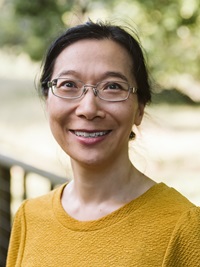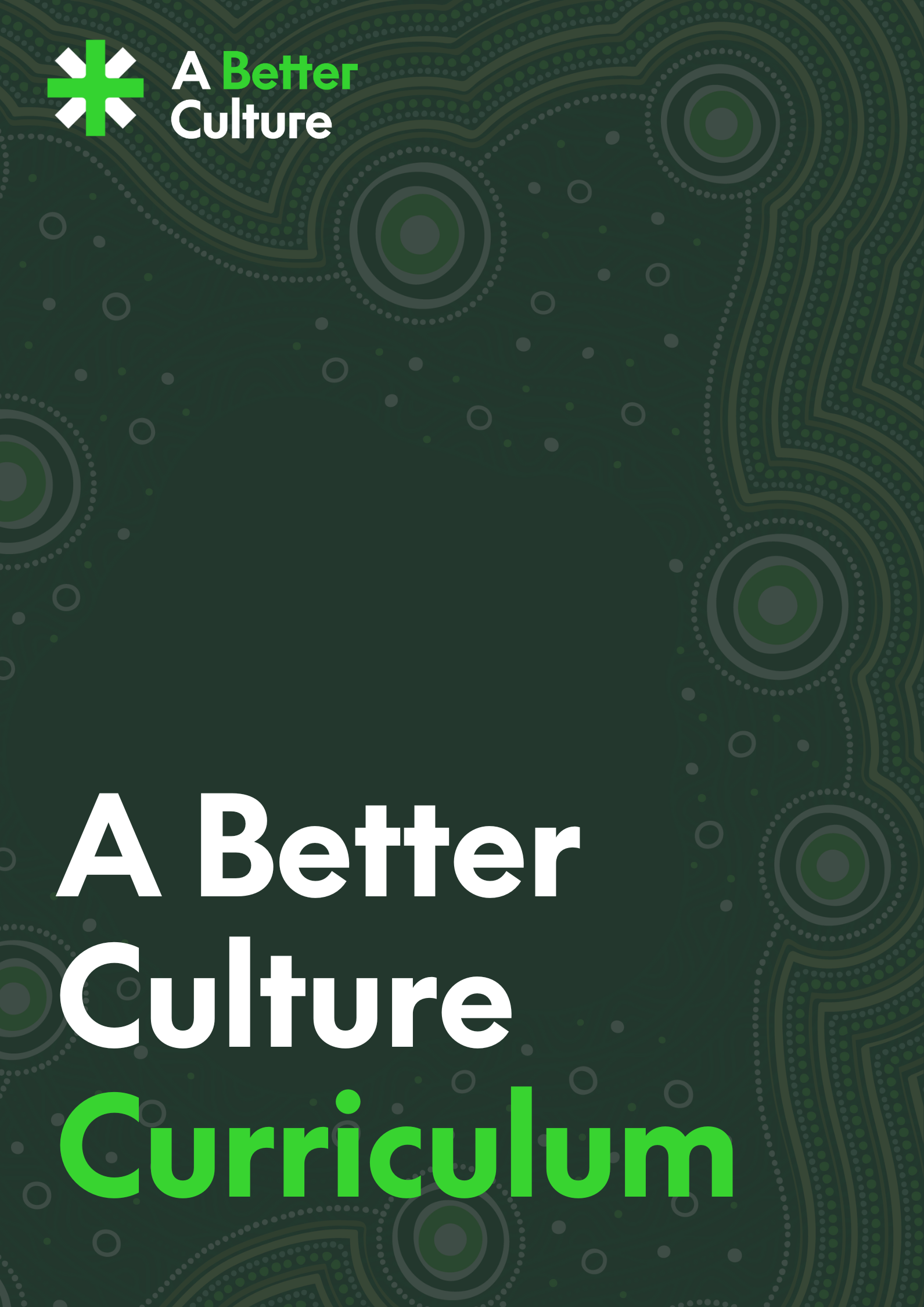2025 | Volume 26 | Issue 5

Author: Professor Rhea Liang FRACS
In late 2022, a project with the ambitious aim of accelerating systemic improvement in medical workplace culture was given Commonwealth funding. Chaired by Dr Jillan Farmer (previous Medical Director of United Nations for eight years) it drew together more than 300 contributors from all specialties, all career stages, all clinical and non-clinical sectors, and all states and territories of Australia. RACS was prominently involved due to our longstanding leadership and experience from the Building Respect program, with Judy Finn (previous Building Respect Executive Project Lead) on the Better Culture Board and I chairing the Curriculum Design group. We also acknowledge the many RACS members and staff who contributed in ways large and small during the project.
The Better Culture project outputs are available here and include policy papers, a proposal for a national strategy, and a Culture of Healthcare Assessment Tool (CHAT) that moves beyond workplace surveys.

The Better Culture output most useful to RACS members is the curriculum, available at https://abetterculture.org.au/news-resources/curriculum/. The curriculum has been consulted by all 24 medical schools, the 16 professional college members of the Council of Presidents of Medical Colleges, the Australian Medical Council (AMC), other governance organisations, and state health departments. It draws together multiple strands relating to workplace culture such as diversity and inclusion, cultural safety, bullying, discrimination and harassment, and psychological safety. Importantly, it also includes a curriculum developed de-novo for Organisational Leaders—whether doctors or not—so that line managers and organisational executives can be aligned (and assessable!). This step was taken in response to strong feedback during consultation that mismatch between doctor and administrative approaches to workplace culture remains a barrier to effective change.
RACS members wanting to upskill for CPD or annual appraisals, and especially those looking for CAPE content (Culturally safe practice, Addressing health inequities, Professionalism, and Ethical practice) to meet AMC requirements now have an external benchmark. Rather than expressing a general intention such as, 'This year I would like to learn more about assessing Trainees for cultural safety,' trainers can now articulate their goals with greater clarity and precision. For example: 'I am currently mapped at Level 1 for outcome T1.2 in the Better Culture Curriculum, and this year I aim to progress to Level 2 within that domain. T2.2 can then be directly inserted into the learning plan – 'Provide resources and facilitate opportunities that improve learners’ capability to deliver culturally safe care. Incorporate learners’ cultural identities into learning plans'.
With 10 domains mapped across three levels, each of the three curricula (Learner, Trainer, Organisational Leader) has 30 options each, making a total of 90 potential outcomes. This should provide plenty of options for all RACS members in every role—from prevocational Trainees to surgeons in executive leadership.